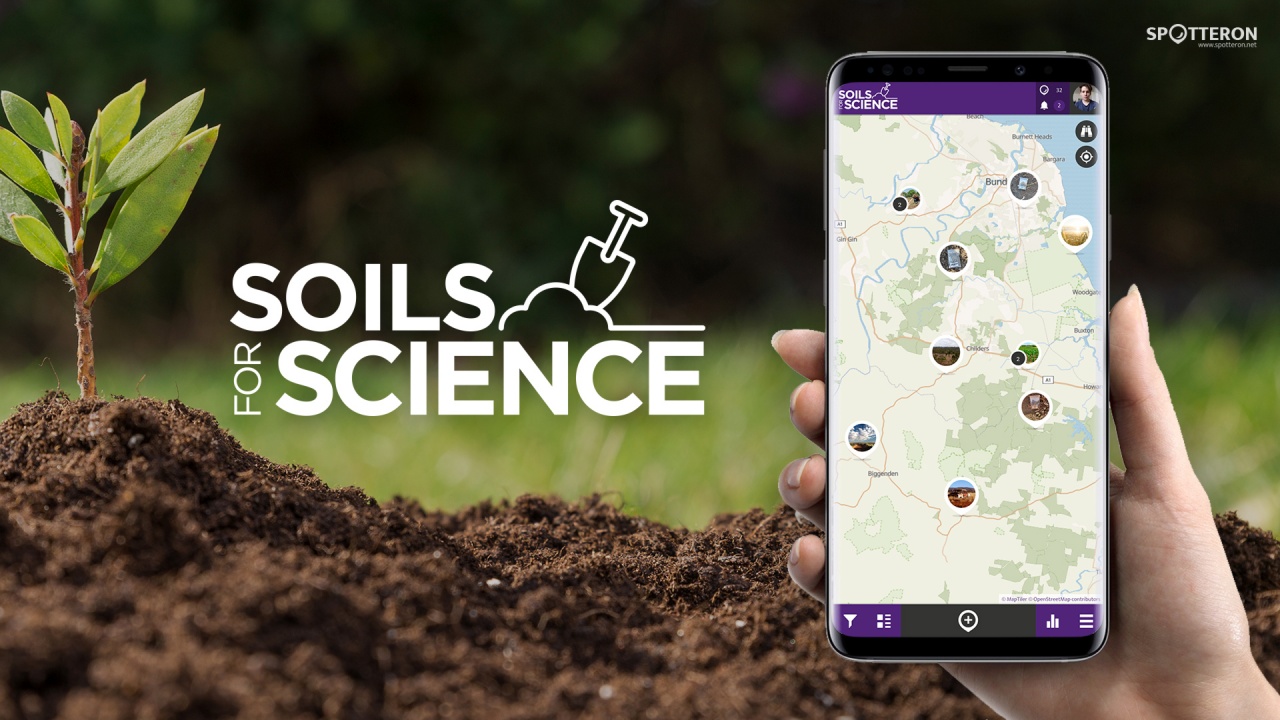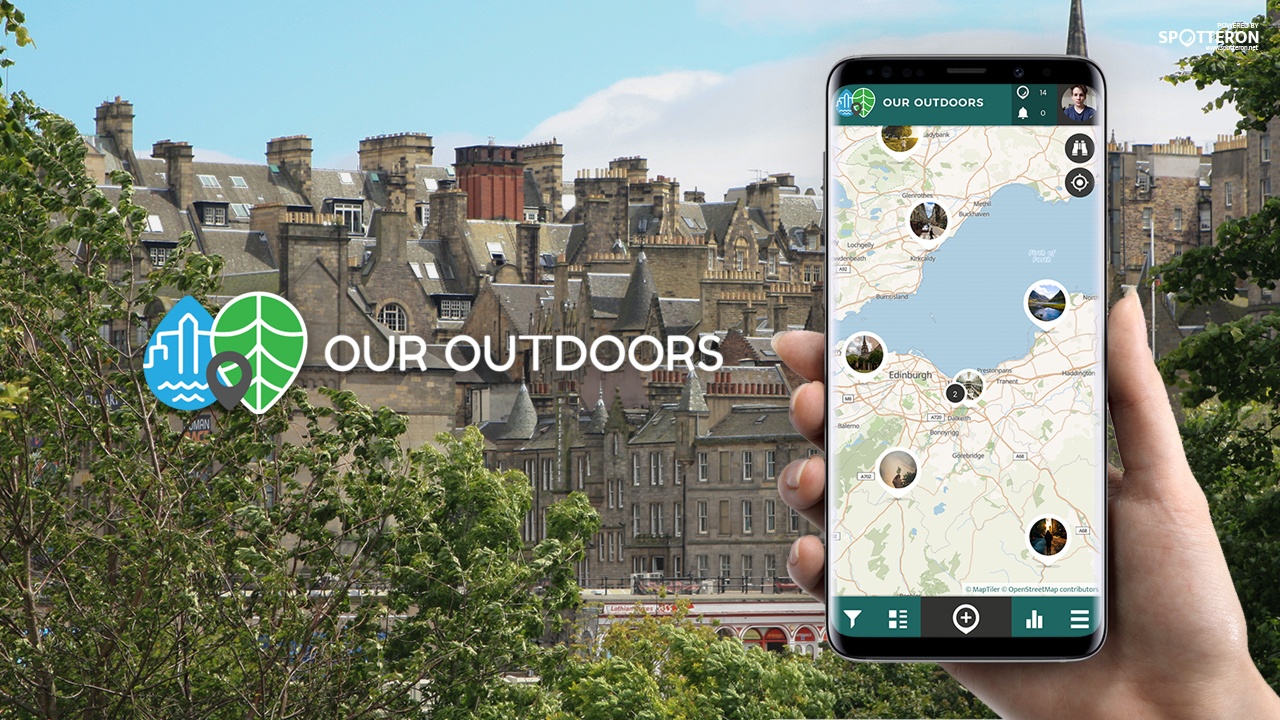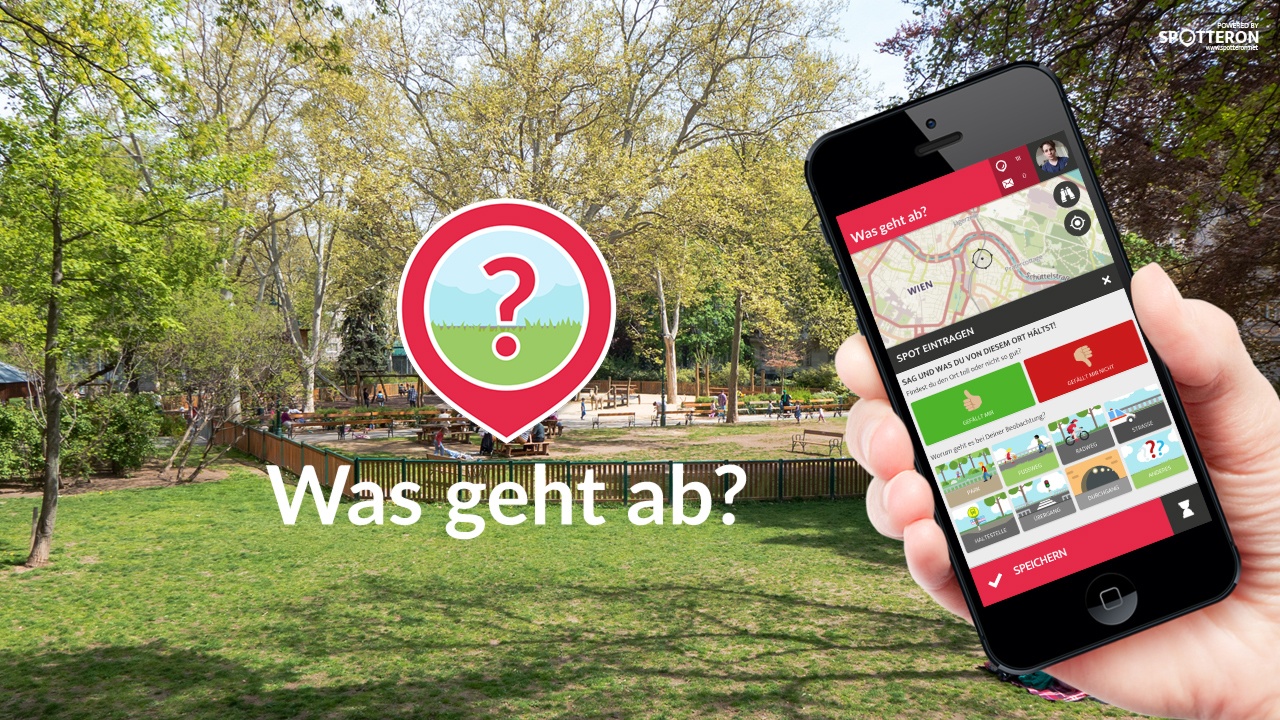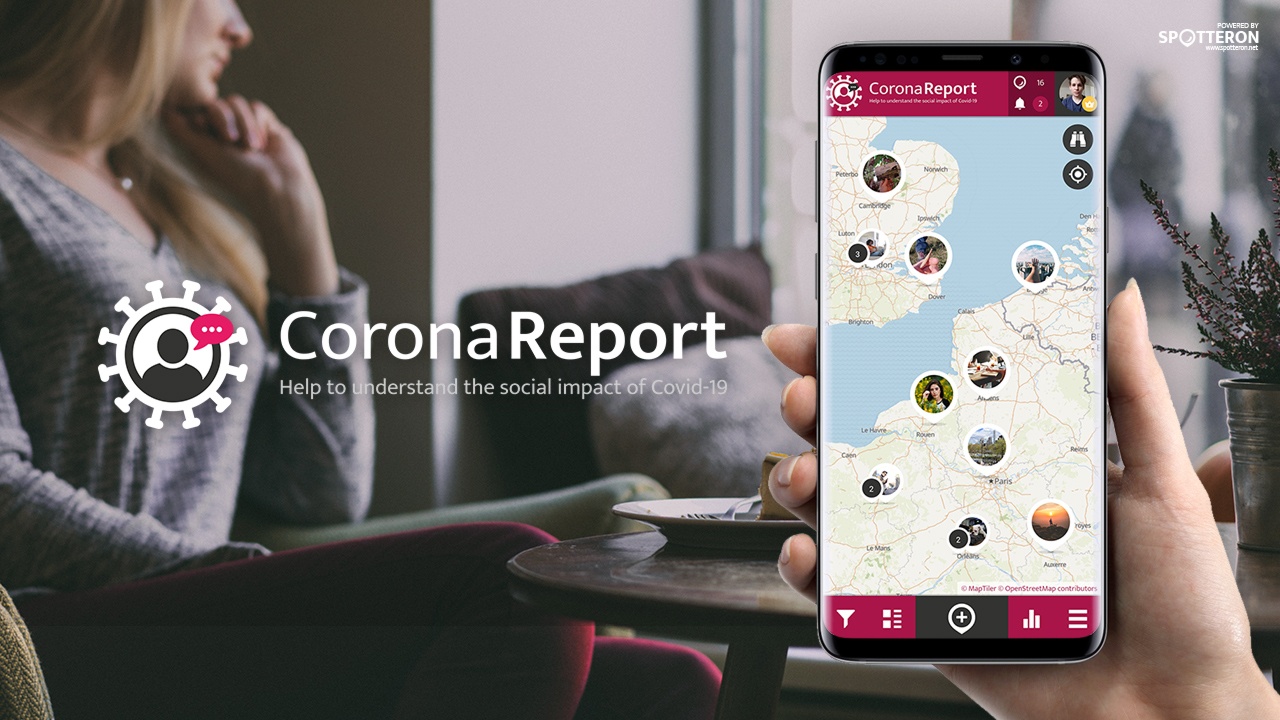Short note: This website is in Beta - we are currently building everything up but you can already find the apps to download and participate! Thank you and stay safe!
Soils for Science
Soils for Science (S4S) is a citizen science initiative of The University of Queensland, Institute for Molecular Bioscience. S4S aims to inform the public on the importance of antibiotic resistance in modern healthcare, and soil microbes as a source of next generation antibiotics. S4S provides the public with free sampling kits (visit soilsforscience.org.au) to collect soil samples rich in microbial biodiversity (bacteria and fungi). Pure microbes will be isolated by UQ researchers and used as a resource to search for new and improved antibiotics. High resolution images of the microbial communities found in each soil sample will be uploaded to the S4S website, where the public can find their own sample(s), to zoom in and view the marvellous and miniature world of microbes.
The need for antibiotics and Citizen Science
The antibiotics revolution that began early last century with the discovery of penicillin heralded a golden age in healthcare. With the emergence of modern antibiotics, for the first time in human history, infectious diseases were no longer a death sentence. In the decades that followed microbe-inspired antibiotics sparked a revolution in global science, healthcare and commerce, raising the quality of life, and life expectancy of millions (even billions) of people worldwide.
Sadly, in recent years the protection offered by modern antibiotics has waned and, with very few new antibiotics coming to market, and escalating levels of antibiotic resistance, the handful of vintage antibiotics that remain are struggling to provide the level of infection control that the public have come to expect. Antibiotic resistance and an inability to effectively manage infectious diseases have been identified as one of the biggest public health challenges of our time.
Fungal infection. Globally, over 300 million people are infected with a serious fungal infection, 25 million are at high risk of dying, 1.6-2.5 million die each year, and over 1 million are
left blind. Illustrative of the threat, the highly infectious fungus Candida auris causes serious bloodstream infection, particularly in hospitals and nursing home patients, with only a 1 in 3 chance of survival. The first Australian patient with a Candida auris infection was reported in 2019.
Bacterial infection. In the US alone, antibiotic-resistant bacteria cause 2 million infections and >23,000 deaths per year, at an estimated economic impact of USD55-70 billion, while deaths in Europe are estimated at 33,000, and globally at over 1 million per year. Deaths due to antibiotic-resistant bacteria in Australia are higher today than a decade ago.
There is an urgent need to discover new antibiotics.
An Australian Citizen Science App
SOILS FOR SCIENCE will provide the Australian public (home and landowners, schools, community, social and sporting groups and others) with educational material on antibiotics and antibiotic resistance, and the important role played by microbes in the past, present and future discovery of antibiotics. S4S also provides a platform for public engagement in citizen science. Registered S4S APP users (Australia only) can submit an online request for a free soil sampling kit (visit soilsforscience.org.au), which include sample bags, a pre-labelled, pre-paid return postage pouch. All microbes isolated from S4S soil samples will be cryopreserved and registered with MICROBES AUSTRALIA, where they will be queued for taxonomic, genomic, chemical and antibiotic profiling. Promising leads will be prioritised for detailed investigation by University of Queensland researchers, to learn more about the microscopic life with Australian soils, and in doing so assist in the discovery of new antibiotics.
Our Outdoors
Our Outdoors is a citizen science project which aims to find out more about what you and others experience when you are in public spaces such as parks, beaches, canals, and town squares. It was developed by researchers in the Scottish Collaboration of Public Health Research and Practice (SCPHRP) at the University of Edinburgh in partnership with Sustrans, the MRC and citizens like yourself.
Improving environments with Citizen Science
By taking part in the research you will contribute will contribute to a national database, which will be used to rate and improve outdoor spaces across the country. he data can be used to create maps, reports and research for citizens, researchers and policy makers alike, to better understand how shared public spaces contribute to the health of communities and which need improving.
Was Geht Ab?
This Citizen Science App was specially designed for children and young people! With it, you and your friends can observe your surroundings and evaluate possible positive places or dangers, and thus contribute to improving them.
Improving public spaces with the youngest Citizen Scientst
Show the grown-ups how children see their environment: in which places do you feel comfortable and where do you feel unsafe? Where do you meet your friends? Which traffic light totally annoys you? Is there a bike path missing, and why is the sidewalk far too narrow? Rate public spaces with the app!
CoronaReport
CoronaReport is a citizen science project for documenting the influence of COVID-19 on our lives. Citizens can use the CoronaReport app to share their stories and to better understand how the crisis is changing lives all around the world and provide records about their daily occurrences. These data are helping scientists understand how the Coronavirus COVID-19 pandemic is affecting the way people live and work.
A Citizen Science app in times of a global crisis
With the app, participants can create reports on how the corona crisis is affecting them personally, their homes, workplaces and their daily activities. They can then update their stories at any time and create a live journal of their experiences.
The main focus is on how citizens feel and in what kind of mood they are during the crisis. They then may continue with a report on themselves, a place, or an activity, describe how they and their surroundings adapt to the corona crisis, or if people are keeping social distance, and many more.
The contributions will then be processed by the leading scientists of the project and will be an enormous help in finding solutions for dealing with the crisis on a social level.
Can I use my user account in multiple apps?
Absolutely! After creating your user account, you can log in with it in all apps and projects on the SPOTTERON platform without the need to register again. You can find additional apps and topics here: https://www.spotteron.app/apps - Please be invited to download any app which you like to join and start spotting!
How can I erase my stored personal data?
GPS-Location doesn't work. What can I do?
Please visit the website about the SPOTTERON Platform on www.spotteron.net
This website uses no external trackers, no analytics, just session cookies and values your online privacy.





